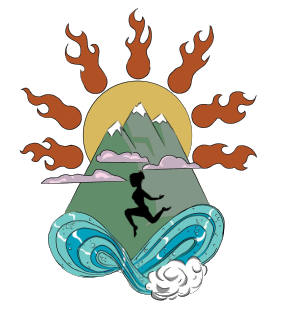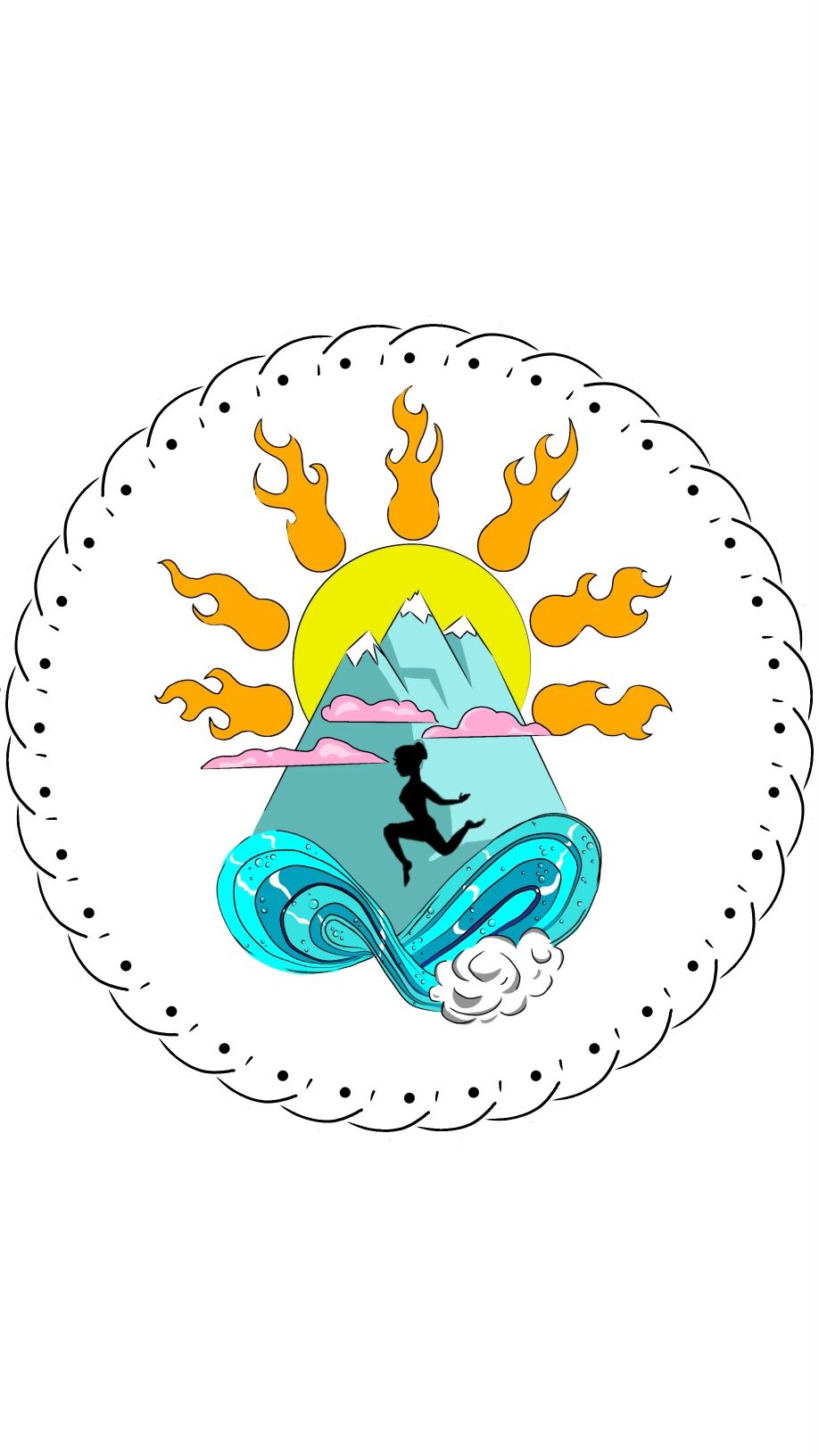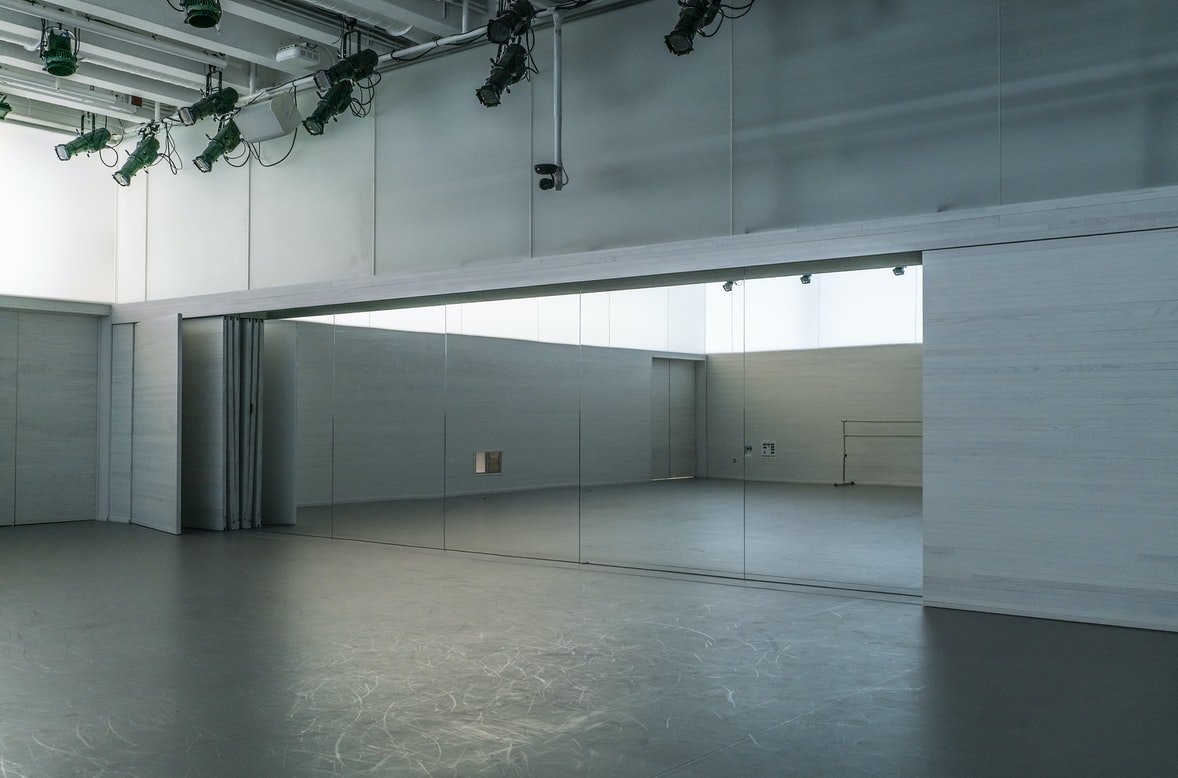The Experience of a Black Dancer at a PWI
Aquinnah Richardson shares her experience of being a Black Dancer in a dance department at a PWI. Read Below.
By Aquinnah Richardson 2/24/2021
Image Courtesy of David Rehor.
Being a black student at a PWI, or a Predominately White Institution, is different for everyone. Personally, my 1st year at a PWI was an absolute culture shock.
I grew up in a predominantly black area. This doesn’t mean I didn’t have any white friends or didn’t interact with white people in my hometown; it just means that living in an area that is mostly white, republican, and racist is opposite to how I grew up, and can be very intimidating. When I chose this college, it was mostly because I witnessed the personal relationship teachers share with their students; I wanted that for me. It’s a small department, so naturally there’s more chances to get individualized attention, corrections, and feedback.
So I thought.
In the entire Dance department alone, there are only 4 to 6 black students as of this year. Two are graduating, and I’m one of the two.
Being a senior, I always made an effort to give all Black underclassmen a safe space to talk about how they’re feeling. I never had that as a freshman. For the majority of my freshman year, I stayed in my room trying to understand what I was feeling. Until recently, I never felt a part of the dance department--mostly because of my fellow students. Every time I walked into the building, I got bad vibes. I tried several times to make friends, but no one ever stuck around. They preferred to hang out with each other, and excluded me from everything. Within the first couple weeks in the dance department, it became clear to me that the attitudes of my fellow students were based on assumptions; these assumptions prevented them from being friends with me, or even interacting with me.
The “Angry Black Woman”
Many times, I was called aggressive, mean, and labeled as the type to always get involved in fights. The people accusing me of this never interacted with me, so why was I perceived in this way?
Stereotypes.
Of course, if they took the time to get to know me, they would know that I am not mean, nor aggressive--in fact, I have never fought in my life. I am shy, soft and sweet, and the people that know me the best would say the same. While I don’t allow anybody to disrespect me, I can confidently say I am not a hot-headed person in the slightest.
Image Courtesy of David Rehor.
But, in society, black women are deemed as “strong, independent, masculine, have nasty attitudes, have short tempers…” the list goes on. We must act like nothing bothers us, even when it very fairly does. On top of that, we must act like these stereotypes don’t affect our mental health. If we react to anything, all those stereotypes are rapidly thrown at us. Depending on the situation, we can receive the worst consequences-- or even have our life taken away.
Because I’m Black and not biracial, a lower social class, and from a different dance background than everyone else, I often felt like I should have transferred. I didn’t transfer because I didn’t want them to think they could run me out of the dance department. Also, I do like the professors here. Nonetheless, I had to mentally be strong to stay here. It was something I didn’t want to do, but I felt like I needed to do to prove a point.
Later in life, although, I realized that I don’t have to prove anything to white people--especially in the dance world. Racism comes from entitlement, jealousy, and fear. That’s a personal problem, and only white dancers can change these emotions--beginning with themselves.
Things became more complex, although, because I don’t fit the dominant stereotypes of how a Black person should act. If you’re reading this, I’m sure y’all know a few of the stereotypes of how black people should act, but here’s a short list of a few examples: listens to rap/trap music, sounds “ghetto,” is aggressive, is from the hood, isn’t educated, is into drugs… again, the list goes on.
Just like many other Black people, I’m not these stereotypes. I listen to most genres of music. Black people say I sound white. I’m not from the hood or ghetto. I’m very educated/smart. I don’t do drugs. Because stereotypes are often deeply embedded in our societal structure and people’s way of thinking, it’s often automatic to assume these things about minority groups. White people are especially susceptible to this, and white dancers and professors are not excluded.
Stereotypes and Implicit Bias at the PWIs
Everyday at the PWI, I’m forced to think about stereotypes. These stereotypes have detrimental effects on Black dancers, and Black people as a whole. In the worst case scenario, if a BIPOC person internalizes the stereotypes, they’ve been taught to hate themselves as well as others who look like them. That’s why we have Black Trump supporters, and Black people who try to validate these stereotypes.
Because I have these thoughts in my mind every day, it prevents me from being myself, and feeling like I belong at this school. What didn’t help this mindset is that I didn’t get cast in anything until my Junior year of college. My department is very euro-centric, and oftentimes euro-centric departments prefer a certain type of dancer--prioritizing ballet training over other types of training.
Spring semester of sophomore year, I got cast by the 2 guest artists--which was of course, very exciting. One guest artist was a modern dancer, and the other was an African Dancer. I was so proud that I felt seen as a dancer, but, then COVID happened. As a result, the performance was canceled, and those guest artists never came back. In addition, because of COVID, auditions became based on availability.
I will say: having little technical training is a valid factor in not getting cast. HOWEVER, there were many other white dancers who had the same amount of training as me that were cast, and moved up in technique classes. The same white dancers were cast over and over, and it looked like the department had favorites and never gave anyone a chance. Overall, the department tends to cast within Eurocentric parameters.
Because I am a Black woman, the stereotypes didn’t help my case. Now, I’m not saying that the professors in the department are consciously racist; however, the majority of them are white, and white people act on internalized racism all of the time. That’s not their fault. Nonetheless, this allows the preconceived, subconscious stereotypes to affect who is to be cast, and how dancers of color are treated. Again, not saying that every decision they have made is racist. But white teachers should be aware of implicit bias in general.
How do we fix this?
If schools plan to have a racially diverse, inclusive student body, they need to have resources for BIPOC and low-income students. In addition, representation matters; you cannot have a racially diverse student body without having a racially diverse staff. In my department, there aren’t many POC staff members. It would benefit BIPOC students immensely if they had professors they could relate to, that come from the same background.
Of course, these are wonderful ideas-- but trying to make these ideas into a reality is hard when the areas surrounding the school are conservative, racist, and not safe for BIPOC students. Many people here have the same racist mindset. It’s not the duty for BIPOC students to change this area, or the mindsets of people who have an agenda of keeping BIPOC at the bottom. It’s up to white allies to use their white privilege to change these environments. It’s up to the white dance allies to change the dance industry.
We, Black people, have created our own dance spaces and our own companies, but they do not receive the same recognition-- or, even worse, our spaces are violated or appropriated by entitled white people. So, the only way I see a change is if all of the white dance allies who put #BLM in their Instagram bios take a step further. Use your true allyship to change the dance industry. Provide a space and opportunities for Black people to get seen.
Black history month is our time to show extra love to Black excellence, and acknowledge sensitive topics about racism. We should do this all year round, but February is special. Overall, I don’t regret attending a PWI. I just wish it was easier to exist peacefully as a Black woman, and as a Black dancer.
Aquinnah Richardson
Aquinnah Richardson is a young Black dancer currently pursuing a BA in dance at Radford University, with hopes to pursue sociology and psychology in later education. Currently, Aquinnah is conducting research into the historic colonization of Black social dance forms, including Jazz and Hip-hop. As a dance researcher, she hopes to uncover the history of Black dance forms and how they have been appropriated and stolen by white artists.
Image Courtesy of David Rehor





